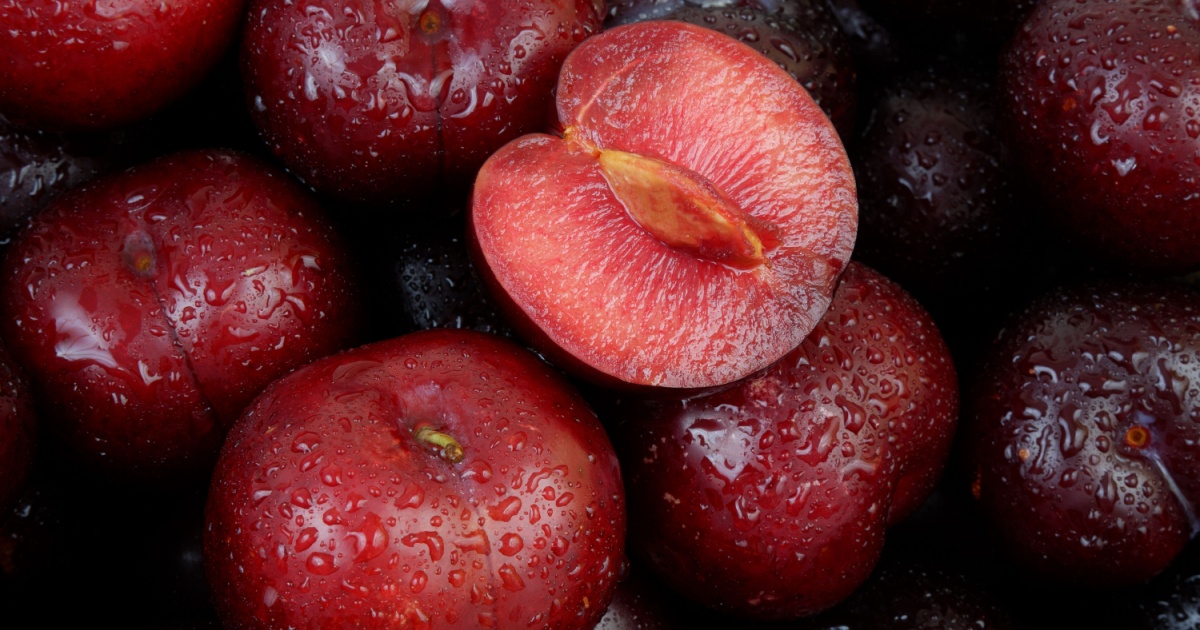Yes, aging is a part of life. However, the food we eat influences how we age. For example, take oxidative stress, a major contributor to aging. It is known that fruits, in particular, are full of vitamins, antioxidants, and anti-inflammatory compounds that protect your body against oxidative stress. Eating certain fruits regularly can improve your skin health, cognitive function, and reduce chronic disease risk. In this article, we will explore 8 powerful anti-aging fruits that you should consider adding to your diet.
Blueberries
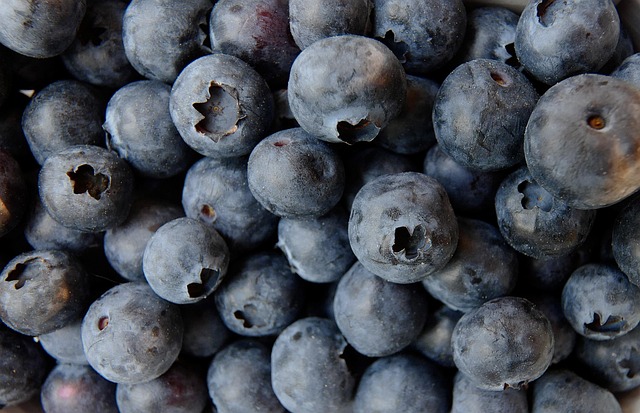
Many people regard blueberries as among the most potent anti-aging fruits available. This is no surprise, considering that they are full of anthocyanins, which are powerful antioxidants that help your body neutralize free radicals. This is important, since free radicals damage your cells and accelerate the aging process. One study revealed that consuming blueberries is associated with improved cognitive function and memory. Furthermore, they are full of vitamin C, which supports the production of collagen. This helps keep your skin youthful-looking and firm. They also contain anti-inflammatory properties that reduce puffiness and help protect against sun damage.
Strawberries
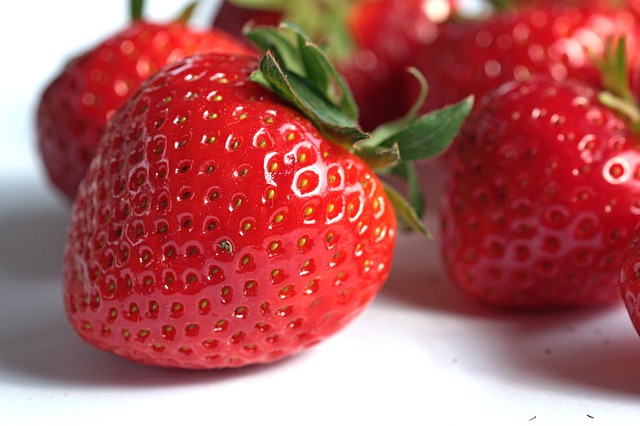
Strawberries are likewise regarded as little antioxidant powerhouses. They are full of ellagic acid, vitamin C, and flavonoids that combat aging at a cellular level. While vitamin C helps maintain skin elasticity, ellagic acid helps protect your skin cells from the gradual breakdown of collagen and UV damage. Furthermore, strawberries also contain fiber and folate, which both assist in the regeneration of cells and digestive health. This is important as these two factors can help contribute to more youthful-looking and vibrant skin.
Cherries (Especially Tart Cherries)
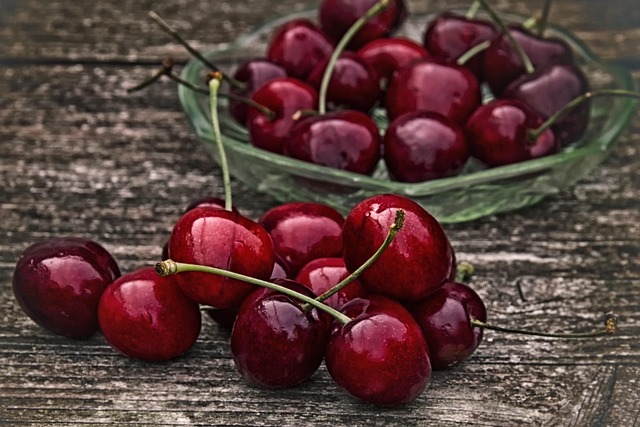
Tart cherries are another anti-aging fruit also gaining popularity for their potent anti-inflammatory properties. They are rich in anthocyanins and melatonin, which can reduce inflammation, enhance sleep quality, and relieve pain in your joints. Additionally, chronic inflammation is a main driver of age-related disorders such as arthritis, cardiovascular disease, and cognitive decline. One study found that tart cherry juice lowered markers of oxidative stress and inflammation in older adults. The melatonin found in cherries also helps regulate circadian rhythms, which leads to better sleep, which is vital for cellular repair.
Grapes
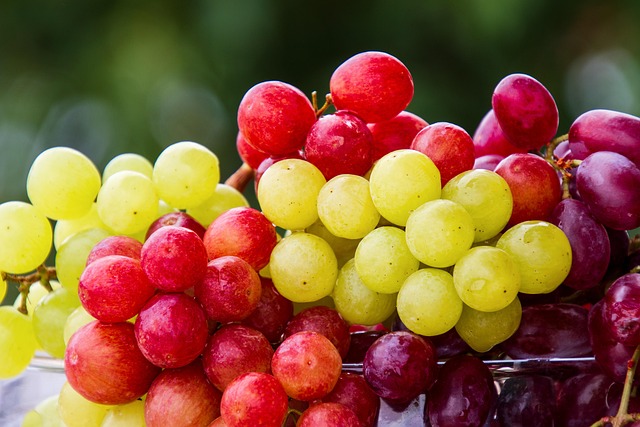
Grapes are rich in resveratrol, especially the purple and red varieties. Resveratrol is a polyphenol that has been linked to cardiovascular health and longevity. Resveratrol acts by activating genes known as sirtuins, which are linked to slower aging and improved DNA repair. Grapes also include other flavonoids and antioxidants that are known to help lower blood pressure and prevent oxidative cell damage. Their vitamin C and potassium content nourish the skin, promoting elasticity and hydration. At the same time, it decreases the appearance of fine lines and wrinkles. Regularly eating grapes can help you live a longer, healthier life by fighting against chronic diseases and keeping your skin looking young.
Read More: This Barely Eaten Vegetable is a Key Longevity Secret for Okinawans Living in the Blue Zone
Apples
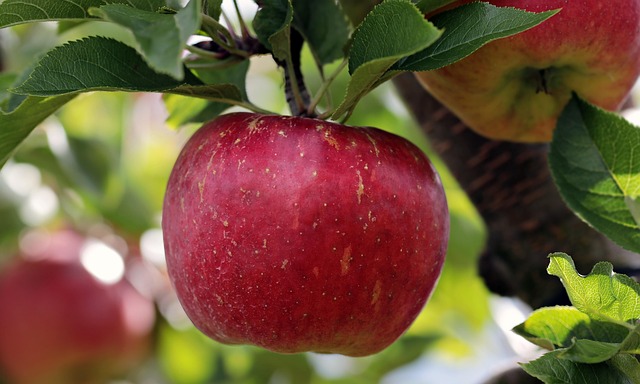
As we know, an apple a day keeps the doctor away, but what does it do to aging? Well, it turns out that apples are rich in fiber, polyphenols, and quercetin. Quercetin is a flavonoid that has anti-inflammatory and immune-boosting effects. It has also been found to slow cellular aging by reducing oxidative stress and improving mitochondrial function. A study published in the American Journal of Clinical Nutrition additionally found that eating apples regularly was linked to lower heart disease and stroke risk. Apples also contain pectin fiber, which is known to promote a healthy gut. More and more research has linked a healthy gut to healthier aging.
Oranges and Other Citrus Fruit
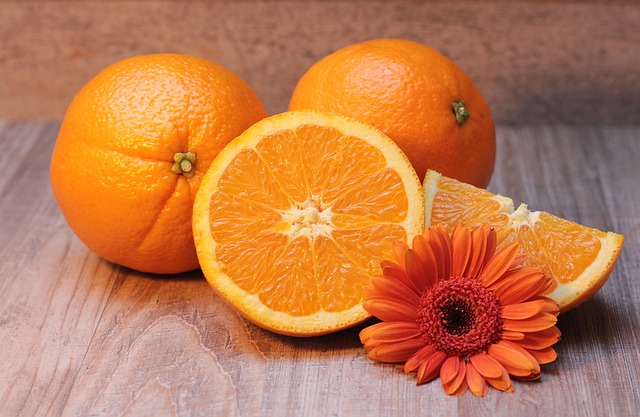
Another great source of vitamin C is citrus fruits, such as oranges, lemons, and grapefruits. As we have learned, vitamin C plays an important role in encouraging collagen production and neutralizing free radicals that lead to aging. Therefore, regularly eating citrus fruit can lead to improved skin hydration and fewer wrinkles. Oranges also contain potassium and flavonoids such as hesperidin, which can support your heart health and blood pressure regulation. This combination of hydration and antioxidants can help your skin look more radiant.
Read More: 100 of The World’s Most Nutritious Foods
Kiwi Fruit
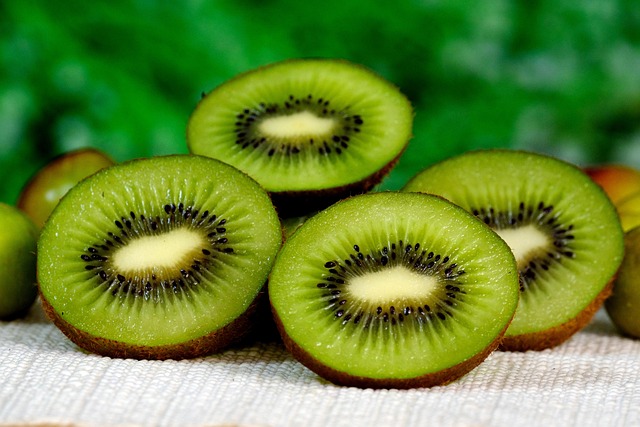
Kiwi is frequently overlooked, but you may be surprised to learn that it is actually one of the most nutrient-dense fruits available. A single kiwi has more vitamin C than an orange and also contains vitamin E, fiber, potassium, and folate. This unique combination promotes cellular healing, digestive health, and immunological function. The enzymes in kiwis help promote collagen production and natural exfoliation. Their high antioxidant content also helps protect your skin from environmental stressors. Several studies have also shown that kiwi consumption improves sleep quality and reduces oxidative stress, which are both important aging factors.
Pineapple
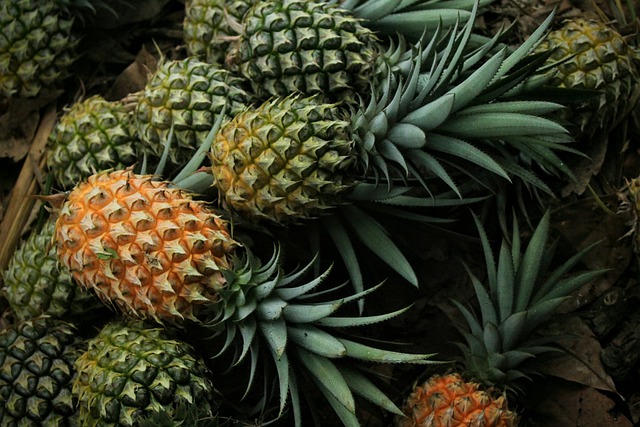
Pineapples provide a double anti-aging advantage because they are high in vitamin C and contain a special enzyme called bromelain. Bromelain has been shown to reduce inflammation, assist digestion, and even promote wound healing. This makes pineapple very beneficial for keeping youthful skin and minimizing the appearance of age spots and blemishes. Its anti-inflammatory properties even extend beyond the skin; bromelain can help with joint health and minimize post-exercise pain. Pineapple is also a natural diuretic, which can help you feel more youthful and energetic by reducing bloating and improving circulation.
Disclaimer: This information is not intended to be a substitute for professional medical advice, diagnosis or treatment and is for information only. Always seek the advice of your physician or another qualified health provider with any questions about your medical condition and/or current medication. Do not disregard professional medical advice or delay seeking advice or treatment because of something you have read here.
Read More: A 114-Year-Old’s Top 5 Foods for a Long and Healthy Life
